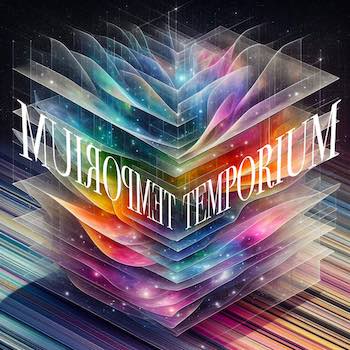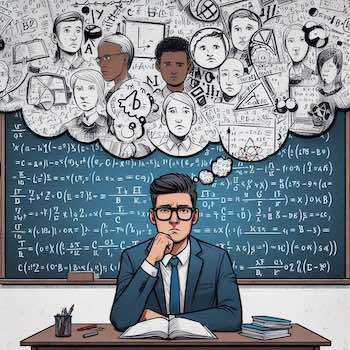The definition of life
I have shown in my books the absence of a boundary between non-living and living for the upward look, that of processes. The notion of ‘life’ only makes sense for the downward look. But then this belvedere really does exist! And it needs a way to define itself. Pitfall: how can it define itself alone … Read more










